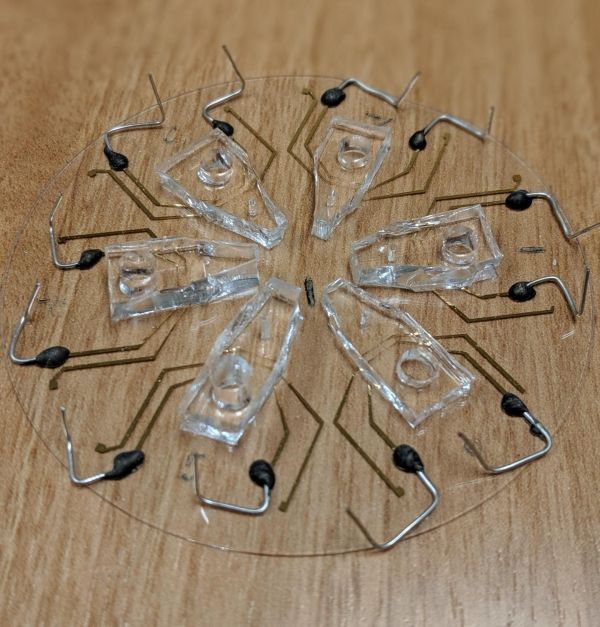Rutgers researchers have created a device that can determine whether targeted chemotherapy drugs are working on individual cancer patients.
The portable device, which uses artificial intelligence and biosensors, is up to 95.9 percent accurate in counting live cancer cells when they pass through electrodes, according to a study in the journal Microsystems & Nanoengineering.
“We built a portable platform that can predict whether patients will respond positively to targeted cancer therapy,” said senior author Mehdi Javanmard, an assistant professor in the Department of Electrical and Computer Engineering in the School of Engineering at Rutgers University–New Brunswick. “Our technology combines artificial intelligence and sophisticated biosensors that handle tiny amounts of fluids to see if cancer cells are sensitive or resistant to chemotherapy drugs.”
The device provides immediate results and will allow for more personalized interventions for patients as well as better management and detection of the disease. It can rapidly analyze cells without having to stain them, allowing for further molecular analysis and instantaneous results. Current devices rely on staining, limiting the characterization of cells.
Read more at Rutgers University
Image: This image shows six devices with biosensors to detect whether a cancer cell is alive when it passes through a tiny hole for fluids. The devices fit on a 3-inch wide piece of glass. (Credit: Zhongtian Lin)


